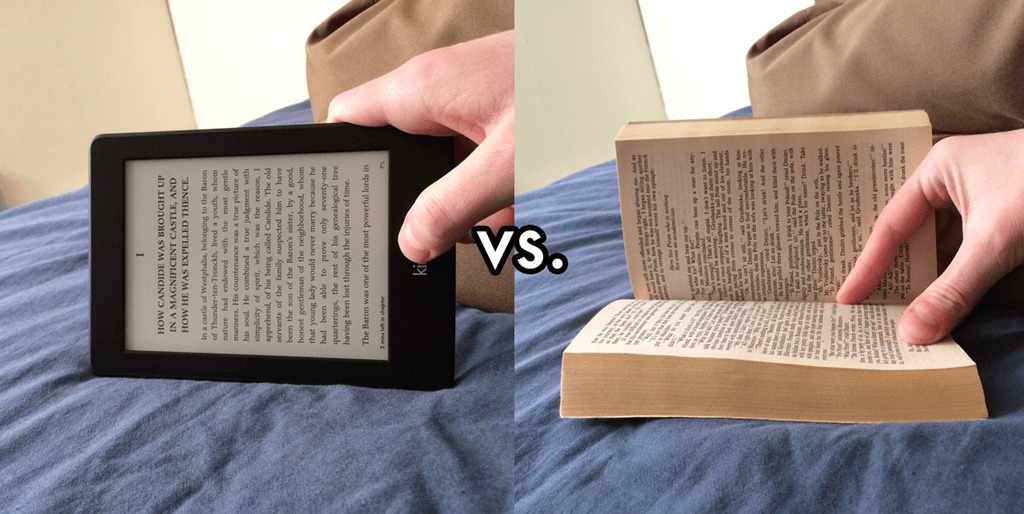 My colleague Chris wrote the other day about e-books and the ‘generational shift.’ He notes that one article on this subject even used the phrase ‘young people today’ non-ironically when talking about the e-book revolution.
My colleague Chris wrote the other day about e-books and the ‘generational shift.’ He notes that one article on this subject even used the phrase ‘young people today’ non-ironically when talking about the e-book revolution.
I admit, I find articles like this really frustrating. Why, at this point, do people still not seem to understand that e-books ‘versus’ paper is not an either/or argument? Some books are a better experience in paper. Other books are not. A person can buy some of each.
And the generational argument is perfect proof of this. I’m going to be buying little kid books now. Certainly, when they reach the chapter book stage, there is plenty to be found in e-book form. But for the little ones, it’s not so easy. Think about a book like ‘Pat the Bunny.’ The illustrated bunnies all have textural elements for baby to touch and feel. I’ve seen cloth books a baby can throw and feel. I’ve seen waterproof ones they can take in the bath with them. There was one book we bought a child years ago that was called ‘Let’s Cut Paper!’ and was designed to teach the child scissor skills. It had lines printed in the book for the child to actually cut to make a paper craft.
There is simply no way to replicate books like this in e-book, nor should that be a goal of a the digital revolution. Why can’t we look at a customer like me and just accept that I’ll buy the Nora Roberts new release in e-book without hesitation, but ‘Pat the Bunny’ will remain a paper purchase? Why does it have to be an either/or, paper or pixel, winner takes all?
































I agree, the type of book often determines the best format. I recently bought a book of air to air photographs of restored 2nd World War fighters – no way would this book work on a portable device, it works best on paper (and yes, the photos are fabulous).
The next few books I bought were novels so for me the ideal format is ebook on an e-ink device.
One draw back of the paper format that I don’t see mentioned is that you can only obtain the book for as long as the publisher keeps it in print and retailers make shelf space available. At least with an ebook it should be available for as long as a seller is prepared to store the file on a server and provide a link to puchase it (which should be a no-brainer compared to having to store ‘real’ books).
I do wish that copyright would be made to expire faster if the book was out of print for more than a set period (and/or unable to be purchased in electronic format) after all if it is unable to be purchased anyway the author / publisher can’t be losing money from piracy or from having the book in the public domain.
James